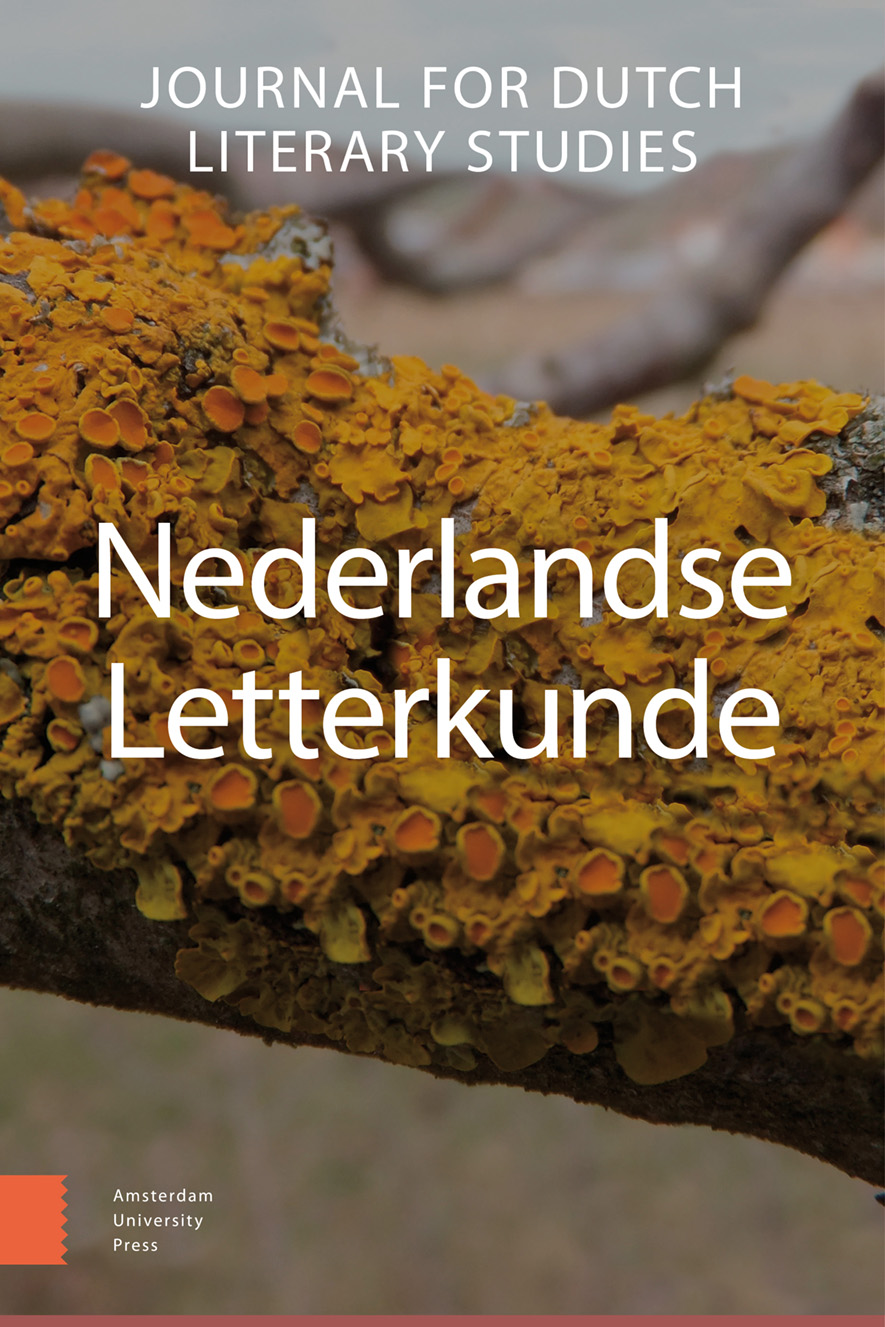-
oa Het gelijk van de schrijver - Willem Frederik Hermans’ fictieve discussie met Jean-Paul Sartre
- Amsterdam University Press
- Source: Nederlandse Letterkunde, Volume 17, Issue 3, Dec 2012, p. 159 - 177
- Previous Article
- Table of Contents
- Next Article
Abstract
In discussions on the social impact of literature, literary commitment is often opposed to literary autonomy. Within the field of Dutch literature, Willem Frederik Hermans is generally understood as one of the most important representatives and supporters of literary autonomy. Jean-Paul Sartre, on the other hand, is generally considered as one of the world’s most famous representatives and supporters of committed literature. In this article, Hermans’ and Sartre’s positions, however, are not conceived of as opposite stances, but as two different ways of understanding literature’s social relevance. It will be stated that both Hermans and Sartre seek to understand the writer’s social role, but that their views are based on fundamentally different world views and, subsequently, on different ideas of historical truth. Viewed from this perspective, Hermans’ work appears to be not opposed to literary commitment but rather shows what kind of literary commitment would be possible in a world where moral realism and ideological truths are highly problematic. One of Hermans’ least discussed novels, Ik heb altijd gelijk (1951), will be considered as an exemplary manifestation of this view.


